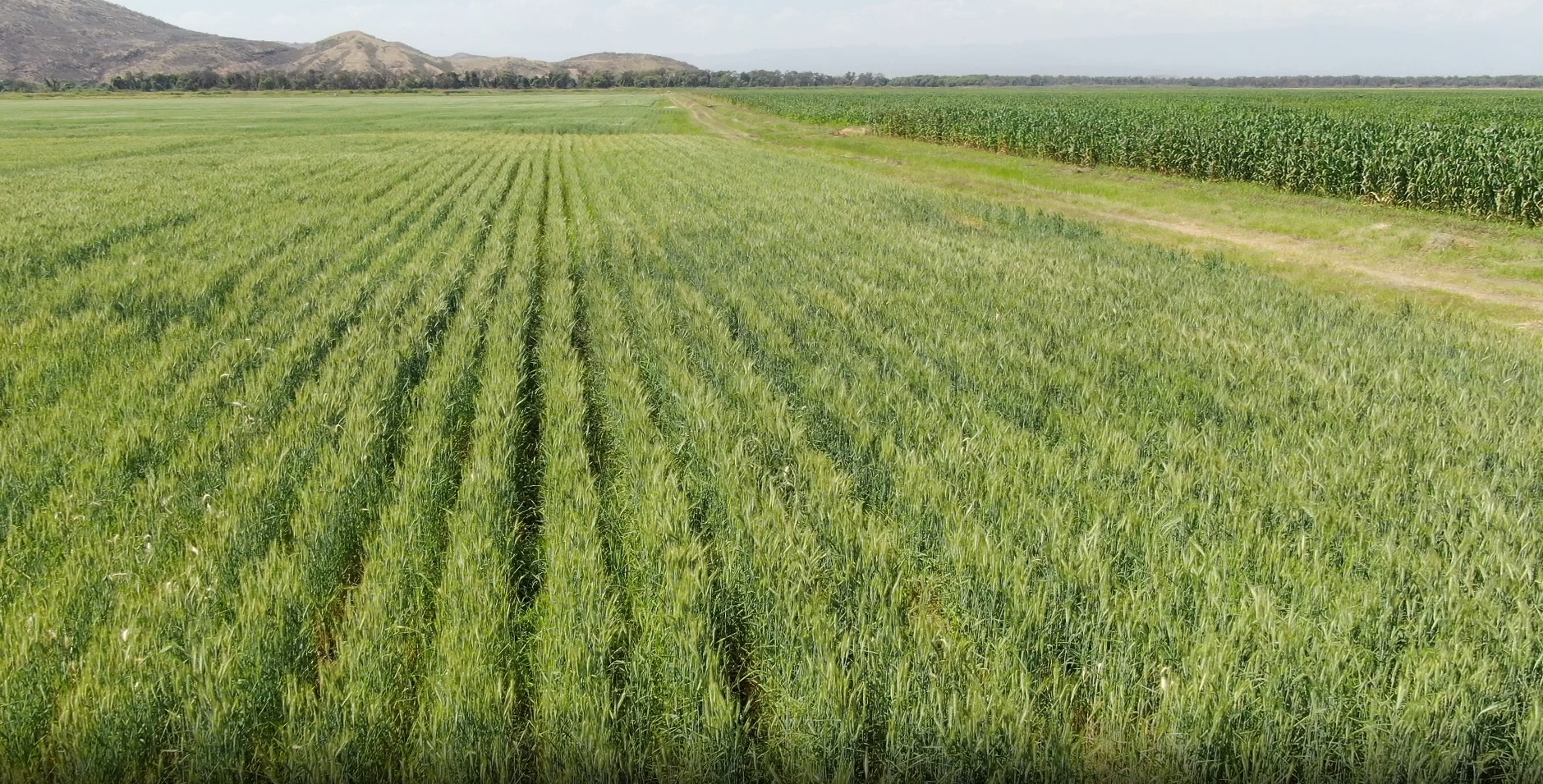African Indigenous Knowledge Vital to Drive Next Wave of Agricultural Innovation: Scientists - ENA English
African Indigenous Knowledge Vital to Drive Next Wave of Agricultural Innovation: Scientists

Addis Ababa, October 30, 2025 (ENA) – Scientists have urged a continental shift toward homegrown research ecosystems, arguing that integrating indigenous knowledge with modern science is the key to unlocking sustainable agricultural growth, food security, and economic resilience across Africa.
Experts underscored the vital role of Africa's indigenous knowledge systems, with leading researchers advocating for stronger regional research universities and enhanced cross-border collaboration in agriculture.
The scholars made these remarks during the China Africa Agricultural Science and Technology Innovation Alliance Conference held from October 26-29, 2025 in Addis Ababa.
Speaking to ENA, Bolaji Zuluqurineen Salihu of Nigeria's National Cereals Research Institute highlighted the challenge of brain drain, noting that many young scientists migrate to countries like Switzerland and China for better resources and training.
While acknowledging that international study can advance individual careers, he argued that Africa must prioritize building its own institutions to nurture expertise, drive innovation, and develop technologies for domestic use.
Salihu further elaborated on the need to prioritize domestic institutions.
"When we travel abroad, we often return with technologies that primarily benefit those countries. We have to focus on building our own institutions so we can apply our skills at home," he stated.
He stressed the importance of continental unity in agricultural development, noting that Africa’s diverse regions offer both unique strengths and shared challenges.
Salihu emphasized the role of germplasm and genetic resources as crucial assets for collaborative research.
"Nobody can progress alone; you need to do it together, like the African proverb says," he remarked, calling for a coordinated and genuine effort toward agricultural advancement that transcends politics and prioritizes the continent’s long-term welfare.
Echoing this view, Professor Nigussie Dechasa, Director General of the Ethiopian Institute of Agricultural Research (EIAR), noted that Ethiopian farmers have a long, ancient heritage as researchers and innovators.
He highlighted current threats like climate change, pest infestations, and soil degradation, challenges that indigenous knowledge has historically helped communities mitigate.
Professor Nigussie advocated for blending traditional farming wisdom with modern agricultural science to create a powerful synthesis that enhances food security and sovereignty.
"The knowledge these farmers possess represents a rich tapestry of indigenous wisdom essential for the future of agriculture in Ethiopia," he stated.
Professor Banyankimbona, Commissioner, Education, Science, Technology and Innovation at African Union Commission, on his part, stated that African societies have their own solutions to their challenges.
He also urged African nations to draw on traditional practices while learning from global experiences to foster development that aligns with community needs.